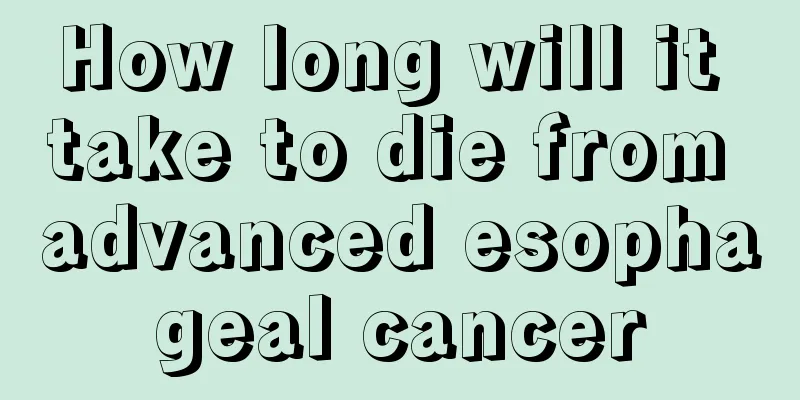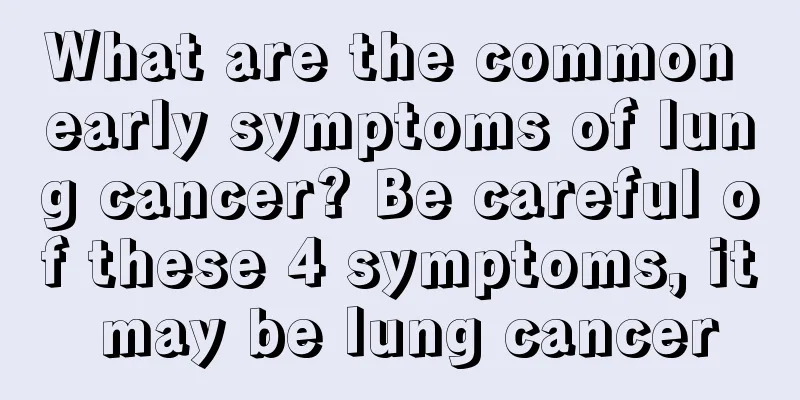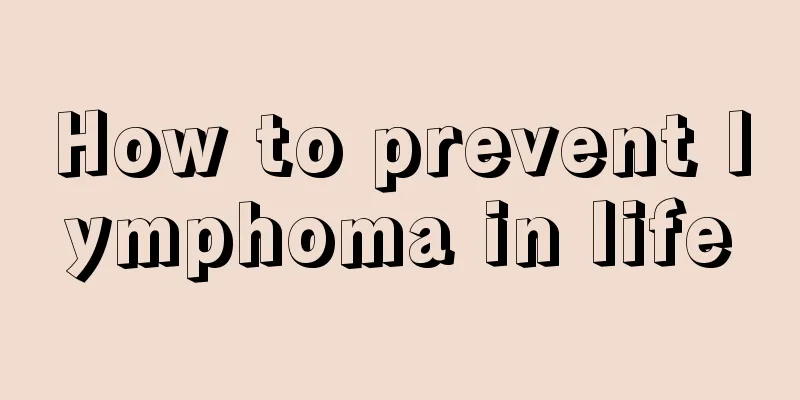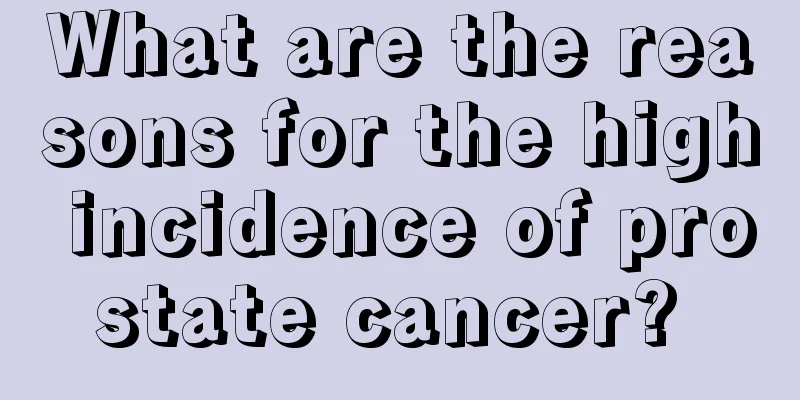I feel very sleepy after eating
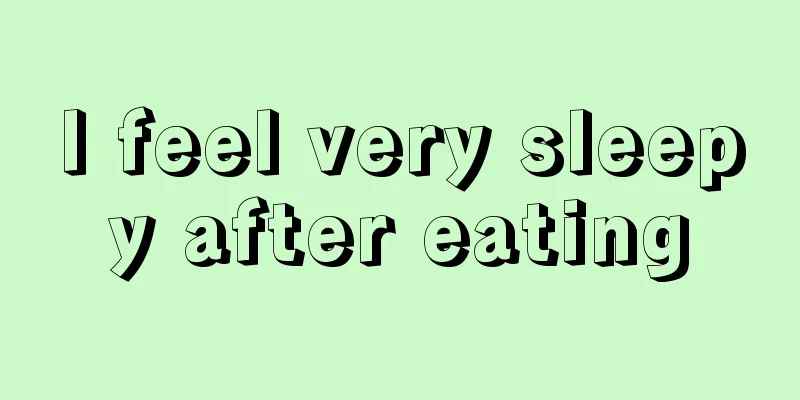
|
In daily life, many people may have had this experience: they always feel very sleepy after eating, but most people don’t take it seriously. In fact, in most cases, it is normal to feel sleepy after eating. You don’t need to worry too much. However, if this symptom occurs frequently, it is best to pay attention to it and actively seek treatment to avoid worsening of the condition. Why do I feel particularly sleepy after eating? Every time after a meal, the workload of the gastrointestinal tract will increase immediately, so the amount of blood flowing into the gastrointestinal tract will increase, and this increased blood will be drawn from other parts of the body. Of course, some of it is drawn from the share supplied to the brain, which will correspondingly reduce the blood supply to the brain. This reduced blood supply to the brain will cause a reduced oxygen supply to brain cells. Therefore, the brain is slightly insufficiently supplied with blood. Coupled with fatigue from a morning of work, this is one of the important reasons why you feel sleepy easily. In addition, people have developed a pattern in their long-term living habits, and there is always a period of rest after lunch. This creates conditions for brain cells to switch from an excited to an inhibited state, so people will easily feel sleepy. As for the reason why people rarely feel sleepy after breakfast, it is mainly because after a night's sleep, the brain cells have just recovered their excited state. Moreover, people are not used to eating too much for breakfast, so the impact on blood supply mobilization is not too great. There was no significant change in the amount of blood in the carotid arteries that supply the brain before and after eating. The cerebral blood vessels have their own regulatory mechanism. When blood pressure drops, the cerebral blood vessels dilate to increase blood supply and maintain a stable blood supply; when blood pressure rises, the cerebral blood vessels contract to reduce blood supply and still maintain a stable blood supply. The symptoms derived from insufficient blood supply to the brain are mainly headache, dizziness, and in severe cases, decreased visual and auditory abilities; there will be soreness and pain in the cervical spine and shoulders, calcification of the cervical ligaments, bone hyperplasia, vertebral foramen stenosis, decreased immunity, fatigue, poor sleep, lack of concentration, etc. In fact, there is only one reason for these problems, which is compression of the vertebral artery or carotid artery. Going deeper, it may also be related to the cardiovascular system or that the liver has been damaged, resulting in liver blood deficiency, or even kidney dysfunction. All of this depends on the specific clinical situation. From a skeletal perspective, the cervical, thoracic, and lumbar vertebrae are directly related to problems with their joint arrangement. Insufficient blood supply to the brain is not a single problem, but mostly a comprehensive multi-system problem. To prevent cerebral ischemia, you should eat less meat, eat more potassium-rich vegetables and fruits, exercise more, such as slow walking and Tai Chi, soak your feet in hot water more often to improve blood circulation. If you are diagnosed with mild cerebral ischemia, you can take aspirin if necessary to improve symptoms and avoid cerebral infarction, myocardial infarction, and blood clots. The weather is getting cooler. Girls with cold hands and feet can try this simple and healthy method. Foot soaking can not only warm the whole body, but also help sleep. It is also the best and most cost-effective beauty method, because foot soaking can speed up metabolism, improve skin, and also has the effect of beautifying and nourishing the skin. Soaking your feet in hot water is better than eating ginseng! Although this saying is a bit exaggerated, it does make sense from the perspective of traditional Chinese medicine. |
<<: The difference between oyster mushroom and mushroom
Recommend
What are the tests for atherosclerosis
Atherosclerosis is very common in clinical practi...
Do raw chestnuts and cooked chestnuts have the same effects?
The effects of raw chestnuts and cooked chestnuts...
Do you know what a pituitary tumor is?
Do you know what pituitary tumor is? Diseases are...
How many of the 6 things you need to do when you wake up in the morning have you not done?
As the saying goes, a day's plan begins in th...
Does atrial fibrillation require surgery?
Surgery is a method of treating human diseases, a...
How to remove oil stains from clothes
It is difficult for people to avoid contact with ...
What are the downsides of strenuous exercise after a meal?
Sports has always been a hot topic. Some people l...
What are some ways to improve skin?
Everyone wants to have good skin. There are many ...
What to do with gout joint swelling
Gout patients generally experience pain and swell...
There is always saliva secreted from under the tongue
Drooling is a common phenomenon in life, especial...
Which hospital is good at treating bone cancer
Which hospital is good at treating bone cancer? H...
What are the early symptoms of lung cancer? These are the common symptoms of lung cancer in the early stage
I don't know how much you know about lung can...
How long is the shelf life of flaxseed oil
Eating flaxseed oil regularly is good for human h...
How long can a person with brain metastasis live after lung cancer surgery
How long can a lung cancer patient live? I believ...
What is the reason for high urine occult blood?
Studies have found that there are many clinical r...




